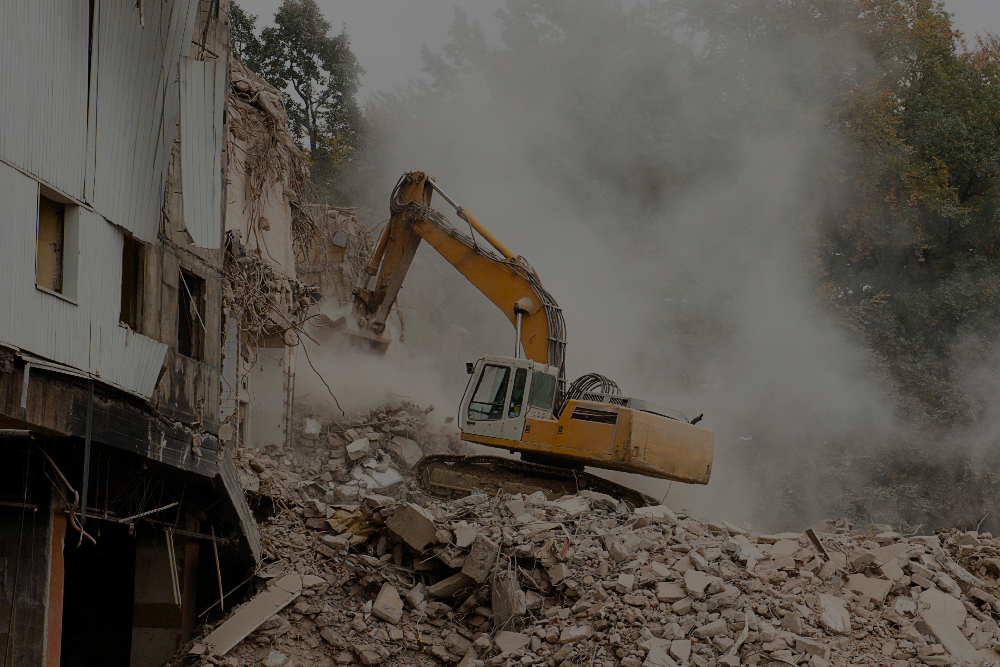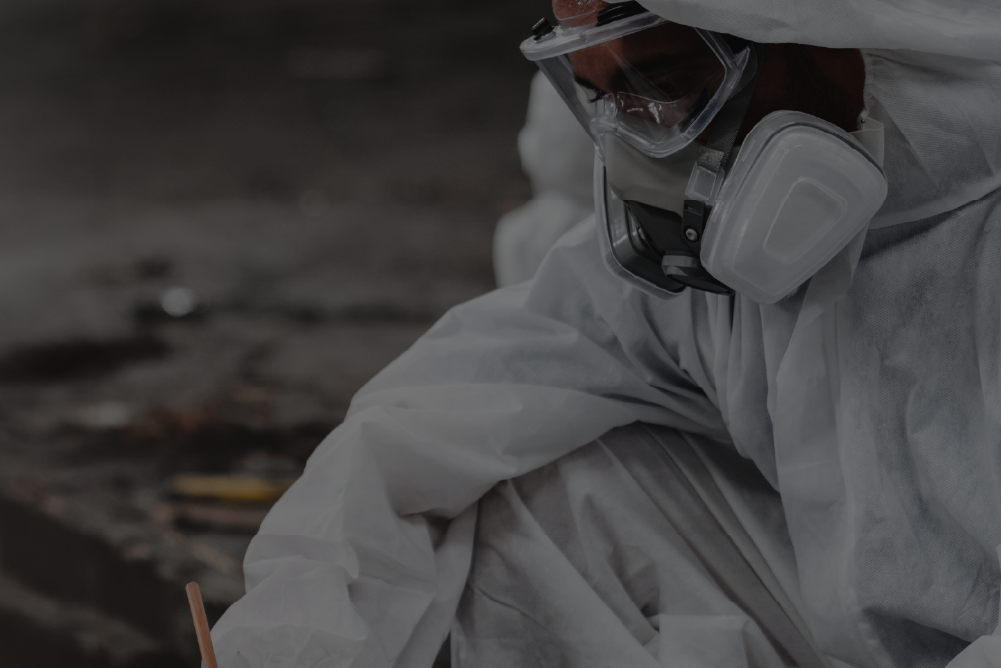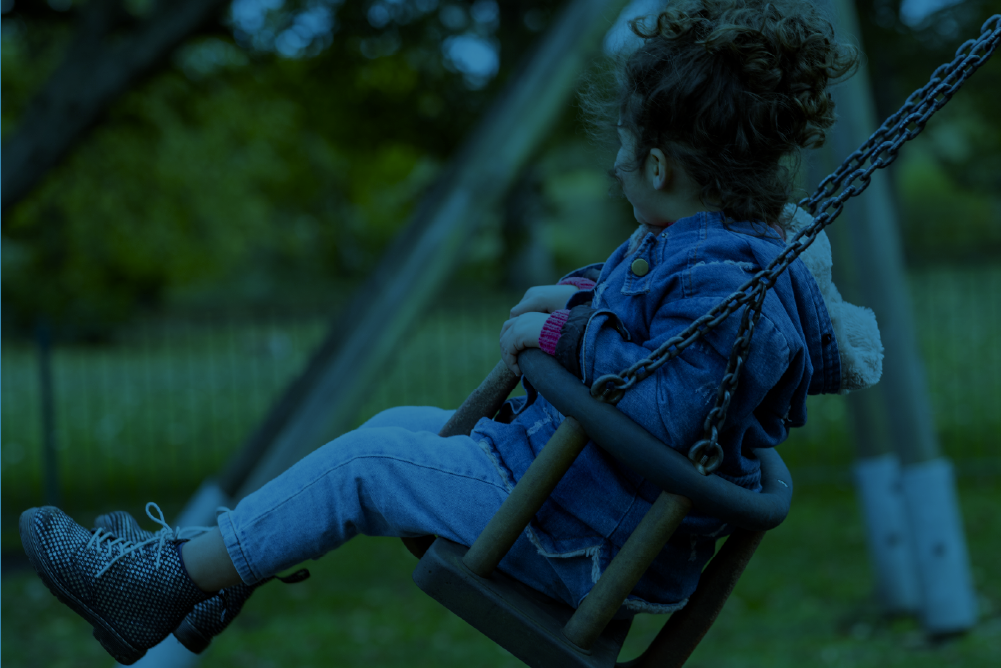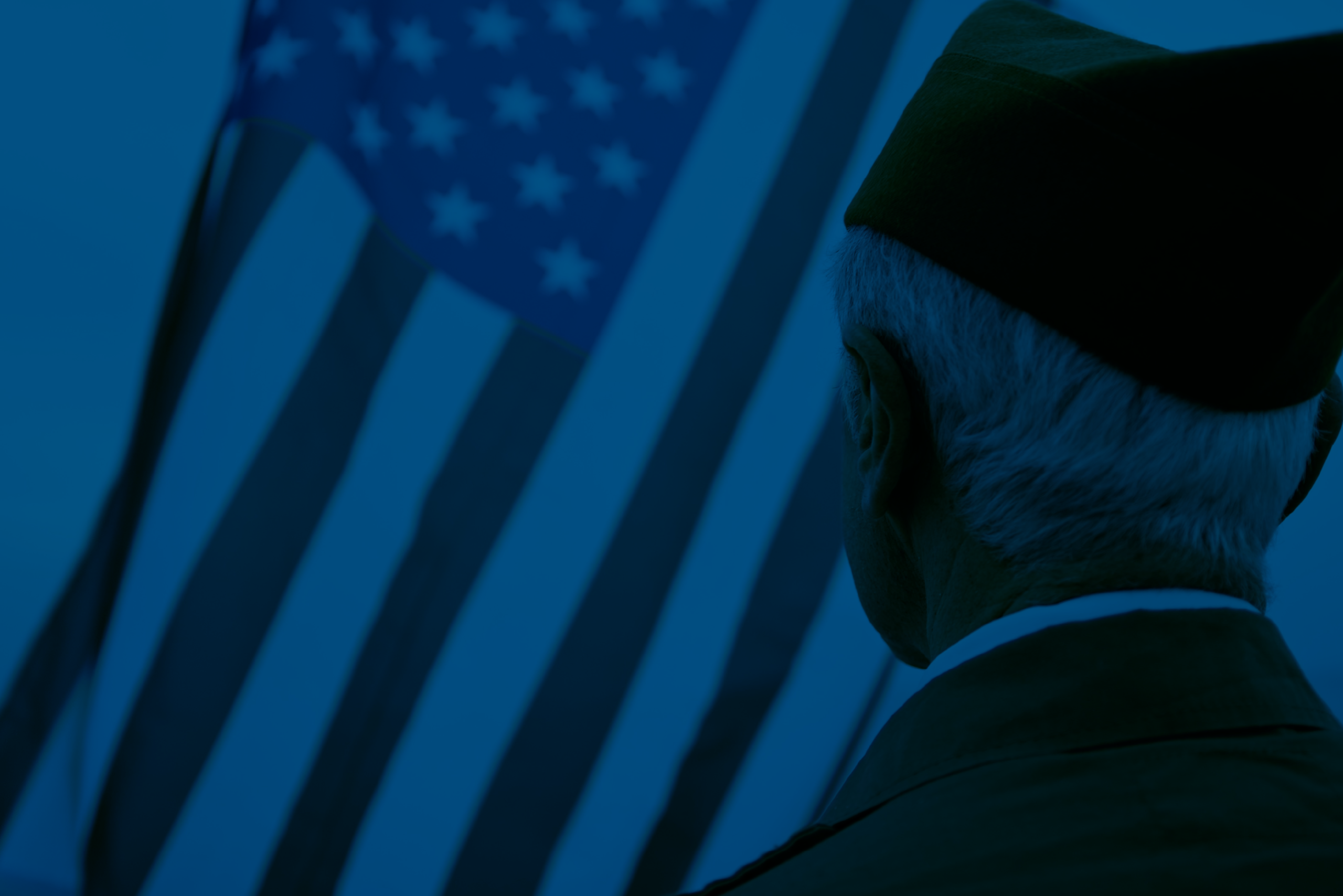Jamie Higa was on her college basketball team when she suffered her fourth concussion.
Recovery has taken years. Her coach "did not take injuries seriously," and pressured her team to play through any pain. Concussions, Jamie learned, belong in a very different category of injury. The following is the story in her own words.
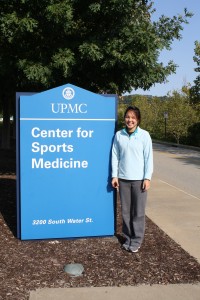 In December of 2011, I suffered my fourth concussion while playing basketball for a university. I’ve been through my fair share of injuries including sprained ankles, sprained fingers, stitches, and have fractured a wrist, thumb, and leg. I was at the orthopedic doctor so much that we had inside jokes by the time he was taking off my second cast. Needless to say I understand pain, I understand injuries, and am familiar with rest and rehabilitation; but rehabilitating a concussion has been the most excruciating recovery yet.
In December of 2011, I suffered my fourth concussion while playing basketball for a university. I’ve been through my fair share of injuries including sprained ankles, sprained fingers, stitches, and have fractured a wrist, thumb, and leg. I was at the orthopedic doctor so much that we had inside jokes by the time he was taking off my second cast. Needless to say I understand pain, I understand injuries, and am familiar with rest and rehabilitation; but rehabilitating a concussion has been the most excruciating recovery yet.
Suffering from a concussion is not the type of injury that athletes are accustomed to. You do not feel agonizing pain like you do when you’ve fractured your shin in three places and have to be carried off the court. Instead when you report symptoms to the athletic trainer you find yourself saying, “my head feels weird” or “the lights are bothering me.” If athletes are expected to be mentally and physically tough, how are we supposed to ask to come out of a game because of a headache?
The coach I was playing for did not take injuries seriously. He would tell us, “I don’t care if your arm is broken, because your legs still work and you can run down the court.” He even went as far as saying “even if your eye is falling out, you still have another that you can see out of!” So when I was hit from behind, causing me to fall forward, and hit the front of my head against the court, I could not find it in me to admit I was injured. I did not want to admit it to my teammates, athletic trainer, coach or even myself. I was afraid of speaking up.
After the night of my injury things only got worse. My symptoms were persistent. I had headaches, migraines, light sensitivity, motion sensitivity, dizziness, nausea, trouble sleeping, fatigue, and eye disturbances. After having to withdraw from school I flew to Pittsburgh to get treatment. At this point I was a year into the concussion and the road to “normalcy” was only beginning. My days were consumed with vestibular, ocular, and exertion therapy as well as three different medications.
Countless doctors’ appointments and hours of rehab later, I have reached my new normal. I still feel lasting effects from the concussion that include nystagmus (rapid involuntary movements of the eyes), headaches, occasional migraines, and balance problems. This concussion consumed my life and affected not only me, but the ones closest to me as well. I hope that through my experiences dealing with this injury it can help to change the stigma of concussions. If coaches and parents do not take this injury seriously, how can we expect athletes to? If they do not encourage athletes to report injuries, how can we trust our athletes to do so? We have the power to make the culture of sports a culture revolving around athlete safety, thus ensuring our athletes a healthy life after sports.

